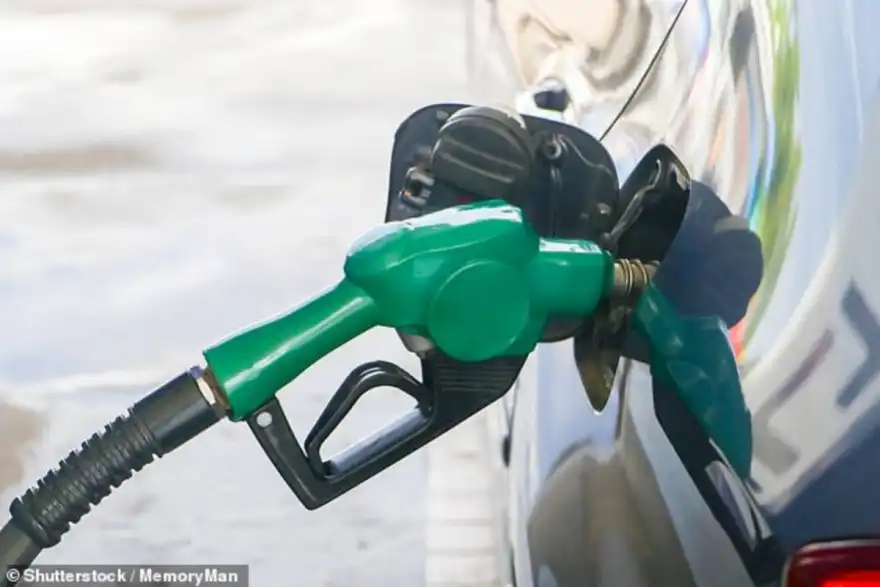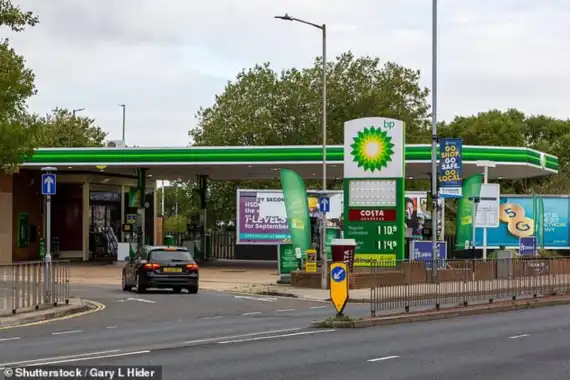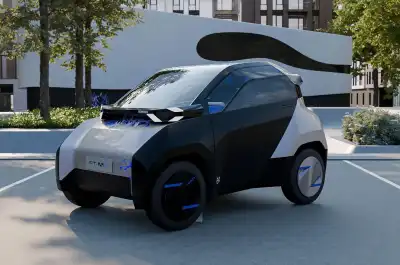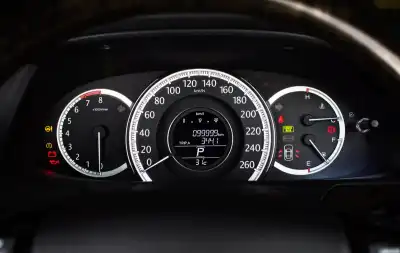
In September 2020, UK fuel prices stabilised and now look set to fall if coronavirus restrictions limit demand, RAC Fuel Watch revealed. This stabilisation followed months of consecutive rises. On average, a litre of unleaded cost 114.61 pence in September 2020. This was a negligible fall of -0.17 pence. Diesel cost 118.10 pence per litre which was a drop of -0.33 pence.
RAC Fuel Spokesperson, Simon Williams, confirmed that this fuel price stabilisation was good news for motorists. ‘After 3 months of rising fuel prices, drivers were relieved to see the cost of petrol and diesel stay the same’, he emphasised. Prices had been ‘going up steadily since June 2020’. However, despite such increases fuel prices were still lower than at the beginning of 2020.
Let us put these prices in perspective in terms of typical family cars. In September 2020, it cost about £63 to completely fill a 55 litre tank with unleaded petrol. This was £7 less than January 2020. In contrast, it cost about £65 for the same quantity of diesel which was £8 less than the start of the year.

Supermarket prices vs. motorway service stations
RAC Fuel Watch also confirmed that fuel remained significantly cheaper on supermarket forecourts than at motorway service stations, throughout September 2020. On average, supermarkets charged 109 pence for a litre of unleaded. This increased to 126.72 pence on motorways. Diesel averaged 114 pence per litre on supermarket forecourts rising to 131.14 pence on motorways.
Cost of diesel artificially high
RAC Fuel Watch also suggested motorists were ‘short-changed’ as the price of diesel was artificially high (and still is). It therefore called on retailers to be responsible and make the necessary price adjustments. Simon Williams claimed:
‘The price of a litre is currently 8p higher than it should be due to reductions in the wholesale price. In fact, the wholesale price of diesel has now been lower than the petrol equivalent for 6 weeks – yet petrol continues to be sold for 3.5 pence less than diesel. This must be difficult for retailers to justify. We strongly urge them to lower their prices in an effort to restore drivers’ trust’, he revealed.
UK fuel prices likely to fall
The RAC suggested prices are more likely to fall than rise toward the end of 2020. Why? Because the ‘summer travel peak is behind us’. Furthermore, new coronavirus restrictions look set to limit demand as motorists take fewer journeys. Finally, there has been ‘higher than expected output’ from oil producers OPEC. Such things ‘could lead to lower prices’, Mr Williams concluded.



